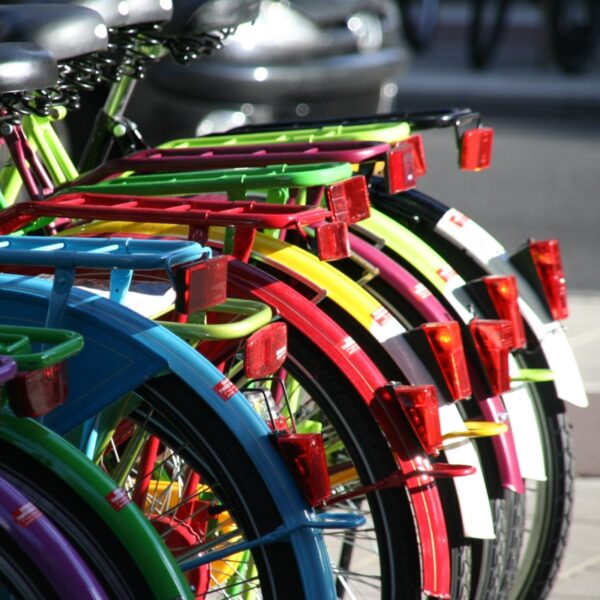
The Dutch association Milieudefensie loses case over clean air
This case is about the air quality in the Netherlands, more specifically the pollutants nitrogen dioxide (NO2) and particulate matter (PM2,5 and PM10). The key question is whether the Dutch State has fulfilled its obligations regarding these pollutants.
The State applies the limits from the European Directive of 20 May 2008 on air quality and cleaner air for Europe and also aims to achieve the target value from the WHO guidelines. These guidelines are an instrument and a basis for policy in the field of air quality without direct obligations for the State.
The Court points out that the State “is working towards” the achievement of the target values of the WHO, which have not yet been achieved everywhere in the Netherlands. However, there is no treaty provision which requires the State to already meet those guidelines.
As for the invoked Articles 2 and 8 ECHR, it is clear that there is no violation of their physical integrity or an interference in their private lives with respect to the claimants (Milieudefensie and Adem). By means of the fair balance test, consideration is given to, on the one hand, the interests of Milieudefensie to be safeguarded as much as possible from the effects of intrusive activities regarding the environment and the surroundings and, on the other hand, the economic and social importance which is served by the relevant activity.
There are no reasons to consider that the State, in taking measures, has exceeded the broad margin of discretion in a way that disrupts a fair balance. The mere fact that the WHO standards offer better protection, is not enough. By not (in the short term) achieving the WHO guideline values for particulate matter, the State has not infringed Articles 2 and 8 ECHR.
Even though at the time of the deadline, the limit values for PM10 and NO2 have not been achieved, there is no wrongful act on the part of the State in the concrete circumstances of individual cases. An additional obligation of the State is to keep the period of exceeding limit values as brief as possible in case these limits have not been achieved on the deadline. The fact that the limit values have not been achieved and that the deadlines have passed or the fact that the forecasts show that the limit values will still not have been reached everywhere in 2020, is not sufficient to establish that the State has not complied with its second obligation.
Cf.: Court The Hague, 27 December 2017, Milieudefensie/Dutch State
Associated areas of specialisation: Environment